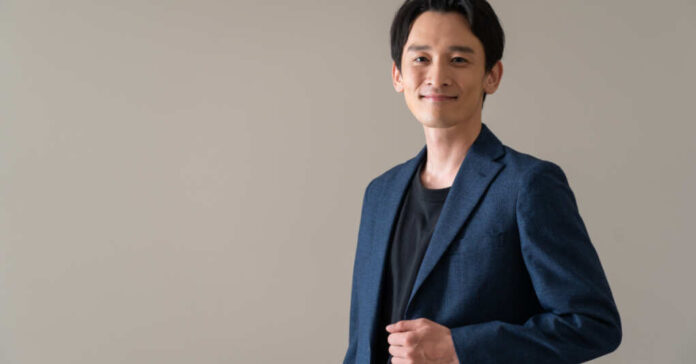For Americans, smiles are a natural part of nearly every interaction. They are given without a thought in most situations. For the Japanese, however, smiles play an important role in communication, and after three years of mask mandates, many are seeking professional smile coaches to help them relearn a lost social skill.
In Japan, there is a cultural emphasis on politeness, harmony, and maintaining a pleasant atmosphere in social interactions. Smiling is often considered an essential part of interpersonal communication and is associated with politeness, friendliness, and a positive attitude.
In various social settings, such as customer service, hospitality, or business interactions, a genuine and welcoming smile is valued as it can create a comfortable and harmonious environment. Many Japanese companies and organizations place importance on training their employees to provide excellent customer service, which may include guidelines on smiling and maintaining a positive demeanor.
The Japanese use smiles to indicate respect as well as to avoid conflict. They also hide behind a smile to avoid exposing their true feelings about a situation or person and use smiles to hide awkwardness or shyness. A smile can be an apology, and of course, a way to convey happiness.
In business and in public settings, smiling is seen as a social norm in Japan. It is expected that individuals will maintain a pleasant demeanor and offer smiles when appropriate. This cultural expectation helps foster a friendly and welcoming atmosphere in various social contexts.
There are some smiles that are considered insults, such as smiling while delivering a sarcastic remark or an insincere apology.
The nuances of the physical act itself are just as important as the context in Japan, and there are “right” and “wrong” ways to smile. Showing too many teeth when smiling can be perceived as unnatural or even a bit strange. A more reserved and subtle smile is generally preferred over an excessively wide or toothy grin.
Radio personality-turned-smile coach Keiko Kawano said, “Culturally, smiling and doing so with teeth hasn’t always been appropriate in Japan, and you can speak Japanese without moving your mouth too much.” Kawano went on to explain, “When the pandemic started, it felt as if smiling was just decreasing. There was just this feeling of disappointment.”
For the Japanese, smiles can convey various meanings depending on the context and accompanying non-verbal cues. For a society that values a smile as an important form of communication, three years of mask mandates has clouded the ability to choose the most appropriate smile for interactions, and many fear they have lost the ability to smile altogether.
Smile coaches have been practicing for years prior to the pandemic and mask mandates, teaching people how to smile for photo shoots or professional profile pictures. After the lifting of the mandates in March of 2023, these professionals have seen a surge in demand for their services.
Twenty-year smile coach veteran Miho Kitano, owner of Egao Hyojokin Kyokai, (translated as Smile Facial Muscle Association), explains, “I’ve heard from people who say that even if they’re able to remove their masks, they don’t want to show the bottom half of their faces, or that they don’t know how to smile anymore.”
The training involves flexing facial muscles, looking in a mirror while practicing, sipping from a straw, and stretching the muscles in the neck and cheeks for 45 minutes. Kitano takes her facial exercise and smile training routines to television, where she shares smile tips with the viewing audience daily.
“I meet many people who say they aren’t good at smiling, but it’s all about the muscles, and we have to use and train them in order to get good at it,” she said. “Just as you might exercise your arms, exercising your expressive muscles is so important.”
While the smile coaching sessions initially drew a mostly female clientele, Kitano has noted a recent uptick in male participants who are concerned with how they appear during Zoom meetings and video calls.
For Japan, COVID not only wreaked economic havoc and fear. It also apparently destroyed an entire culture’s ability to smile.



















